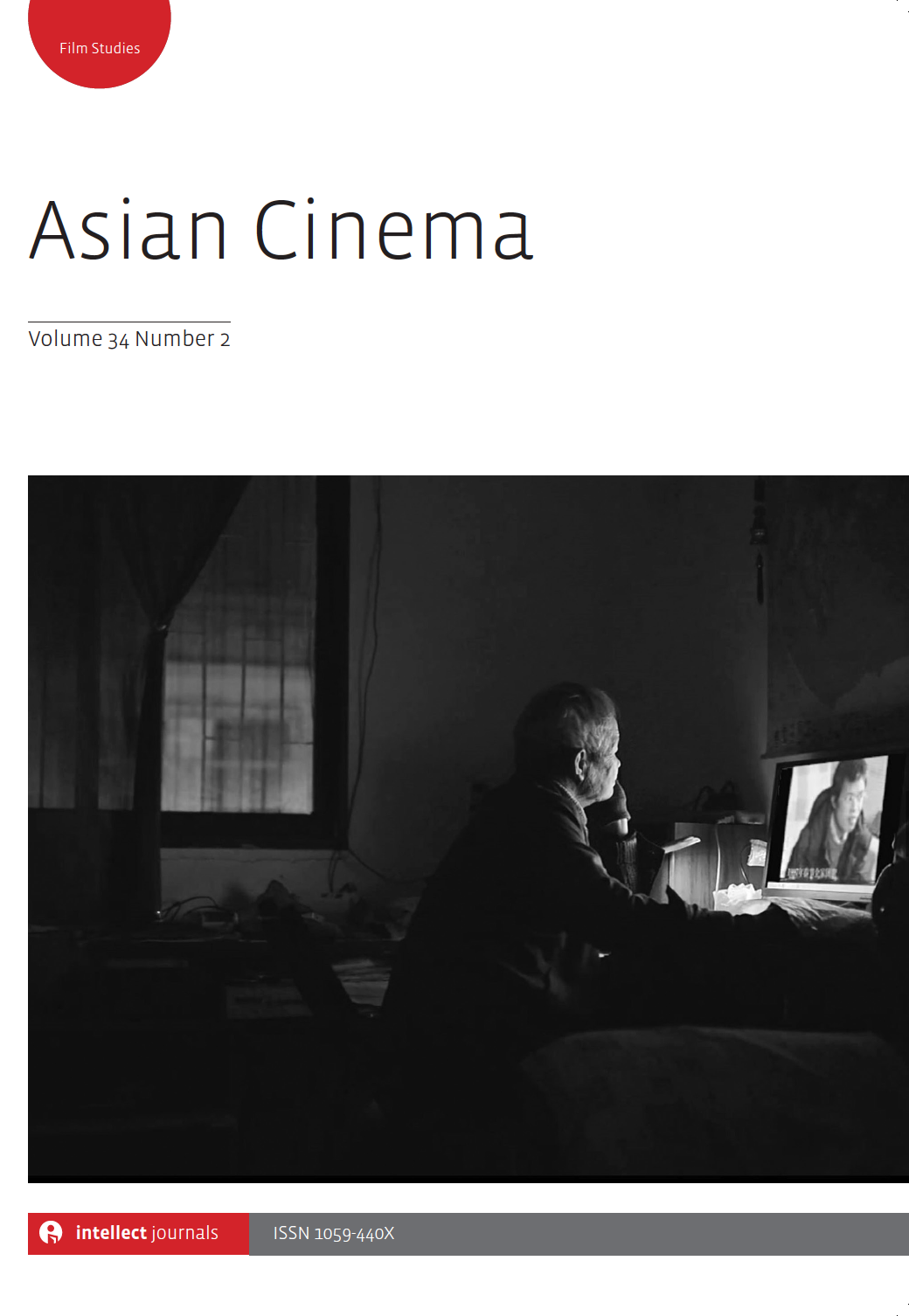
Full text loading...
This article focuses on how the recent blockbuster hit Train to Busan (Yeon 2016), in transposing the zombie horror genre into the South Korean setting, allows South Korean history and social context to actively shape the manner in which it appropriates a genre largely untested by the local film industry. It argues that the film uses genre as a global vernacular through which to speak of specifically Korean issues (in particular, the Korean War, and the issues of South Korea’s speed-oriented Ppalli-Ppalli culture), and locates such practice within the broader context of contemporary South Korean cinema.

Article metrics loading...

Full text loading...
References


Publication Date:
https://doi.org/10.1386/ac_00032_1 Published content will be available immediately after check-out or when it is released in case of a pre-order. Please make sure to be logged in to see all available purchase options.